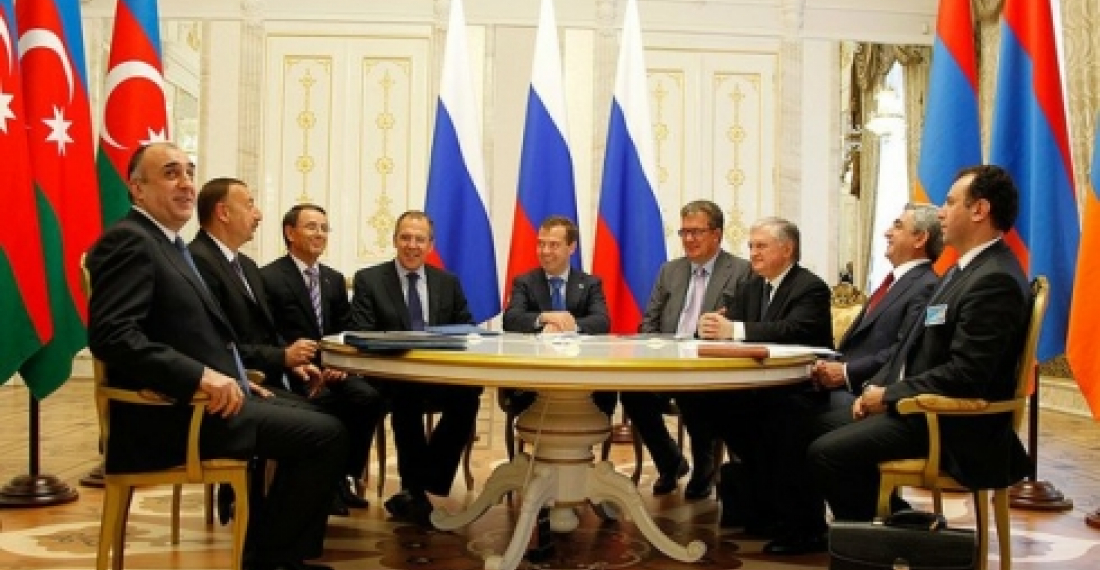At the end of their meeting in the city of Kazan on 24 June, the following statement was issued:
The Presidents of Azerbaijan, Armenia and the Russian Federation reviewed progress in the work to coordinate the Basic Principles for Nagorno-Karabakh settlement project, in accordance with their instructions.
The Presidents acknowledged that common understanding had been reached on a number of issues whose resolution will help create the conditions for approval of the Basic Principles.
The Presidents of Azerbaijan and Armenia expressed their gratitude to the leaders of Russia, the US and France as co-chair countries of the OSCE Minsk Group for their constant attention toward the problem of Nagorno-Karabakh settlement and gave a high assessment to the President of the Russian Federation’s personal efforts in helping achieve the agreements.
Observers have characterised the meeting as disappointing but note that the sides have registered some progress in the negotiations.
picture: www.kremlin.ru







